Corsican independence: Challenge to French colonialism Baku raises the issue on the international stage
Today, on May 13, a conference titled "National Identity, Resistance and Sovereignty: Prospects for Corsica" is taking place in Rome. The event is organised by the Baku Initiative Group (BIG) in cooperation with the "Nazione" movement, which advocates for the independence and decolonisation of the island. In addition to the organisers and activists, the conference is attended by leaders of the movement, Italian think tanks, and experts on decolonisation issues.
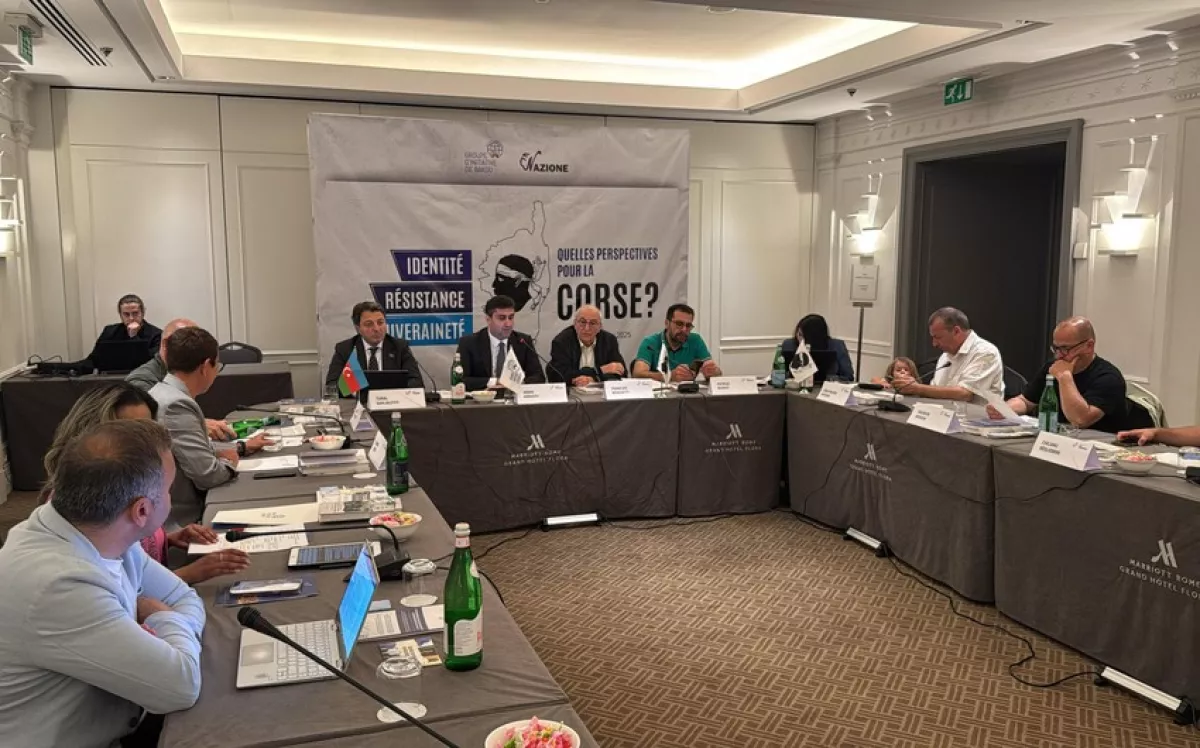
The island of Corsica had been under the control of the Republic of Genoa since the 13th century. In 1729, a struggle for liberation from foreign rule began. The war lasted for more than twenty-five years until, in 1755, the independent Corsican Republic was proclaimed. However, the Corsicans’ freedom was short-lived: in 1768, recognising its inability to maintain control over the island, the Republic of Genoa sold its rights to Corsica to France. Almost immediately, King Louis XV dispatched a military expedition to seize the new possession. The Corsicans fiercely resisted the French, but the forces were unequal. By the time of the French Revolution, Corsica had already become a province of France. Only between 1794 and 1796, with British support, was the Anglo-Corsican Kingdom briefly established on the island. However, following the Congress of Vienna in 1814, Corsica was definitively returned to French rule.
For over two centuries, the French authorities have ignored Corsica’s distinct political and cultural rights. From the very beginning, Paris refused to recognise the Corsican language. In 1850, the Italian language, which had previously held a presence on the island, lost its official status.
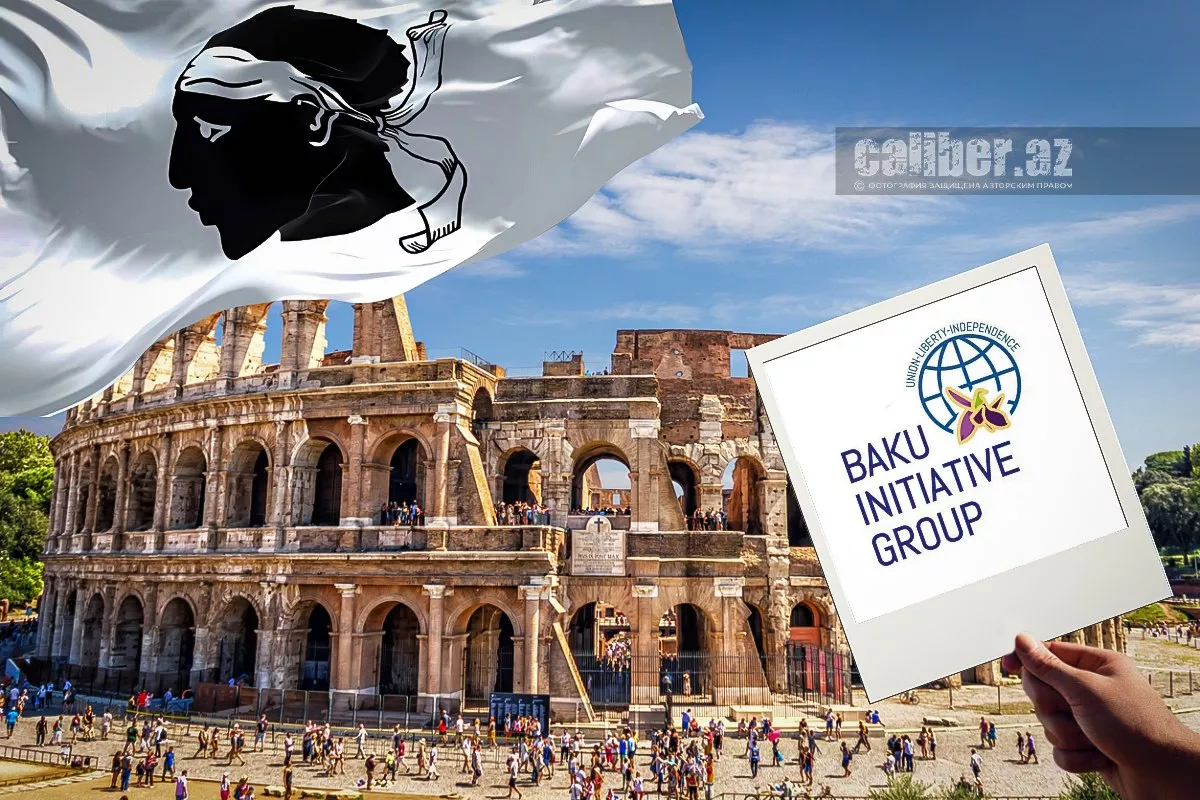
As one researcher wrote: "Corsicans did not simply learn to speak French in school — they internalised a linguistic hierarchy in which their own language was deemed a useless dialect. They were taught that French represented the pinnacle of formal elegance, and that linguistic form embodied all the virtues of reason, civilisation, and citizenship."
Starting in the mid-1970s, Corsicans advocating for greater autonomy for the Mediterranean island launched a campaign of terror, carrying out bombings and attacks on state institutions viewed as symbols of French occupation.
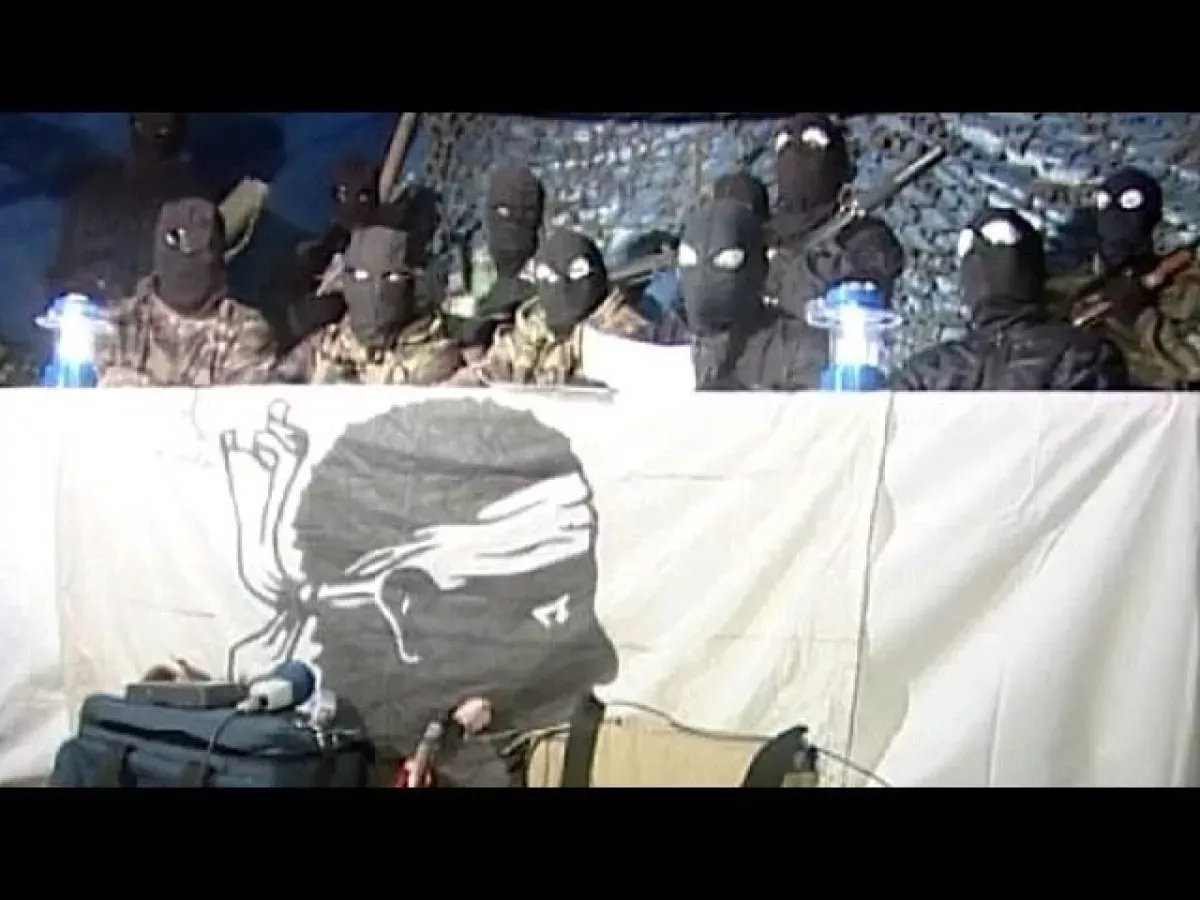
Although the armed wing of the national liberation movement laid down its weapons in 2014, there remains deep-seated resentment among the local population over France’s ongoing discrimination against the Corsican language, culture, and identity.
Corsica possesses a unique cultural heritage shaped at the crossroads of various Mediterranean civilisations. The Corsican language and culture are deeply intertwined, enriching one another in both form and meaning.
One of the defining features of Corsican identity is its music and traditional songs, known as chjam’è rispondi. Often performed in the Corsican language, these songs reflect the island’s dramatic history and the way of life of its people. Polyphonic singing—where several vocal parts are performed simultaneously—is a hallmark of Corsican music and has been recognised by UNESCO as part of the world's intangible cultural heritage.
Dance is another vital aspect of Corsican culture. Traditional dances such as paghjella and quadrille are performed at festivals and celebrations. These dances feature intricate movements accompanied by lively music. For many years, such cultural elements were marginalised by the French authorities and survived mainly in the island’s rural areas.
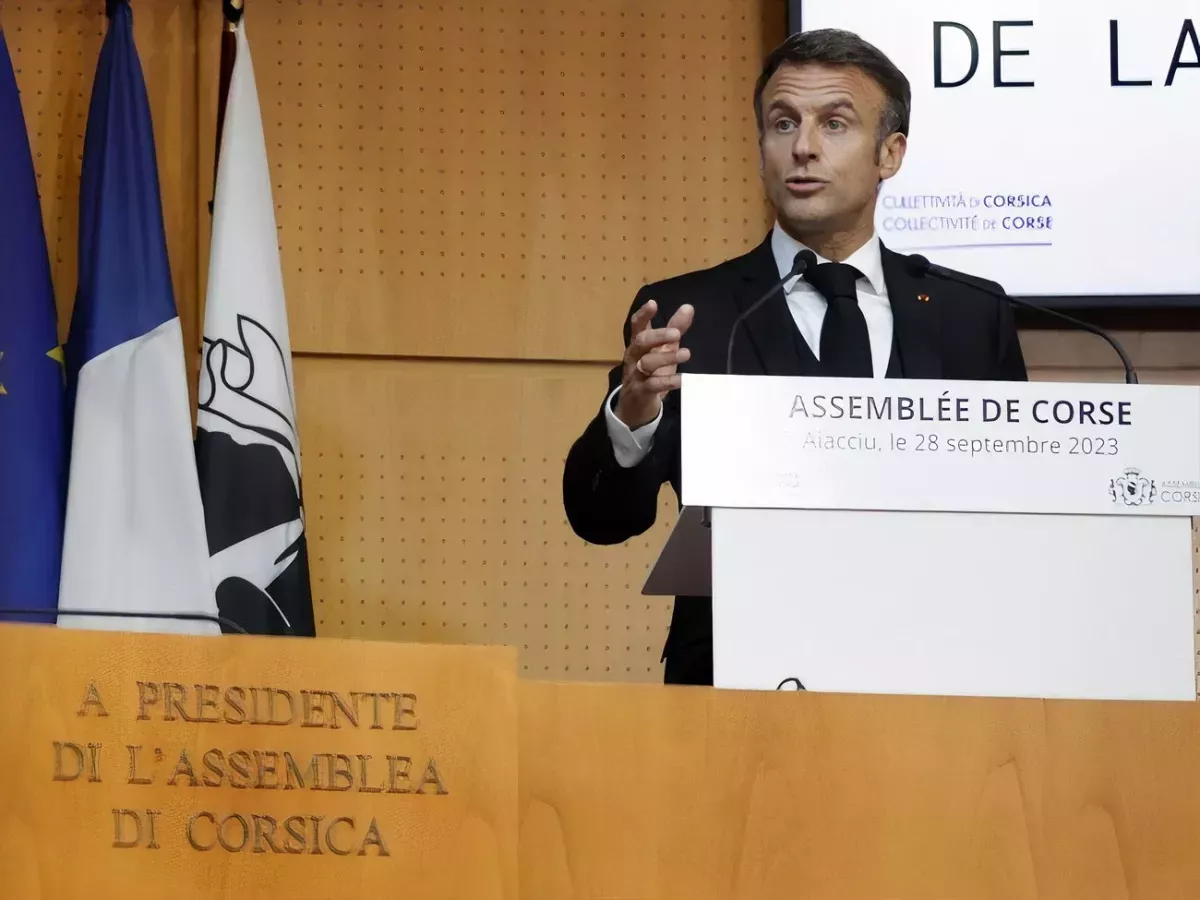
In early February 2018, French President Emmanuel Macron visited Corsica and met with leaders of the independence movement. He acknowledged that the island has a distinct culture that should be preserved, but firmly stated that Corsica is an inseparable part of France. Ahead of Macron’s visit, thousands of Corsicans staged a peaceful march in the island’s capital, Ajaccio, demanding democracy and respect for the Corsican people.
The main demands of the Corsicans can be summarised in four key points:
— Granting official status to the Corsican language.
Corsicans are calling for the recognition of their language on equal terms with French in the legal system, including its use in official documents such as identity cards.
— Pardoning political prisoners. This issue is particularly sensitive, as many locals are connected through close family and clan ties. Pro-independence supporters are demanding amnesty for those imprisoned for political reasons.
— Expanding political autonomy. Corsicans seek greater control over the island’s internal affairs, but Paris continues to reject these calls for increased self-governance.
— Mentioning Corsica and its special status in the French Constitution. At present, Corsica is not mentioned at all in the country’s supreme law, despite longstanding demands from the island’s inhabitants for constitutional recognition.
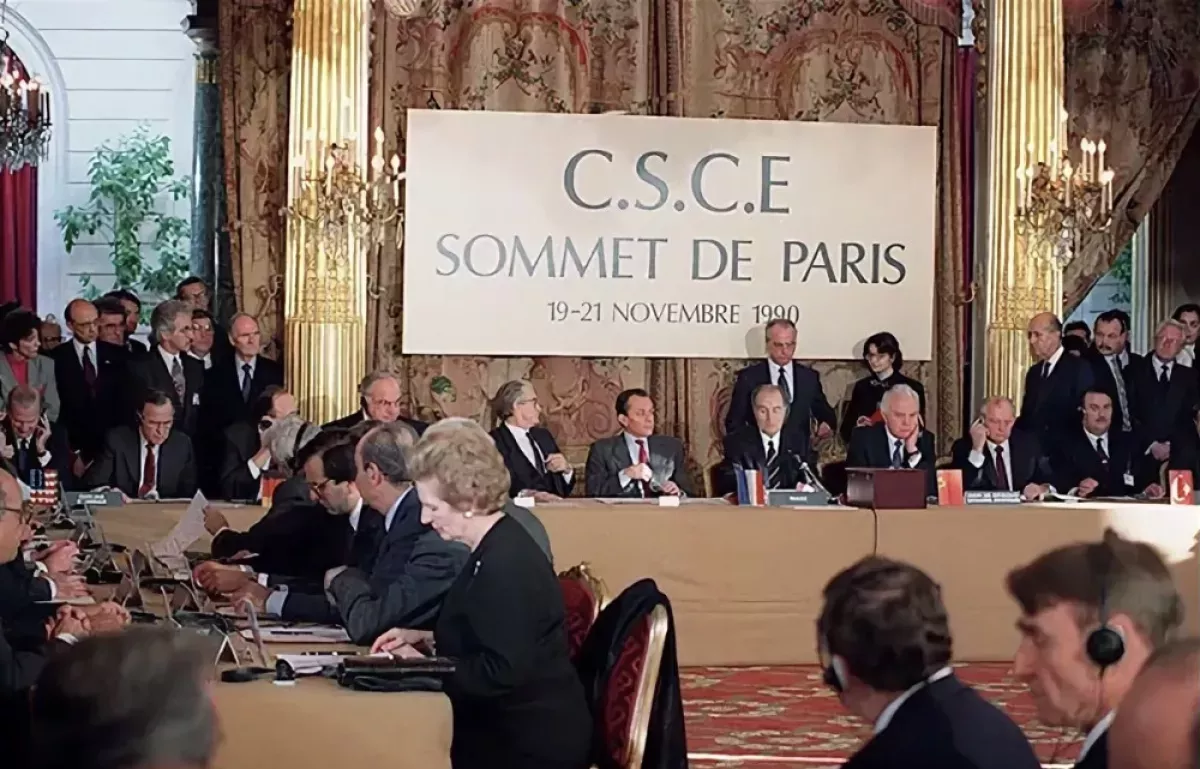
The 1990 Charter of Paris for a New Europe emphasises that "the rights of persons belonging to national minorities must be fully respected as part of universal human rights." However, it is difficult for the people of Corsica to exercise these freedoms in public life, as the French government has traditionally responded to their demands with forceful measures.
On November 19, 2024, a court in Marseille ruled to ban the use of the Corsican language in debates within the Corsican Assembly, citing the French Constitution, which states that "the language of the Republic is French." In response, the President of the Corsican Assembly, Marie-Antoinette Maupertuis, announced plans to appeal the decision and challenge it in international courts. According to her, the ruling "excludes the recognition of the right to speak Corsican, as well as any so-called 'regional' language—such as Breton, Basque, Occitan, and others—not only in public institutions but also in any public life event."
These and other issues are the main focus of the ongoing conference in Rome. This highlights that the Corsican issue is reaching a new international level, and the French government can no longer pretend that what is happening on the island is solely its internal matter. The world is entering an era of final decolonisation, in which the retention of colonial and dependent territories in Europe has become an anachronism.








